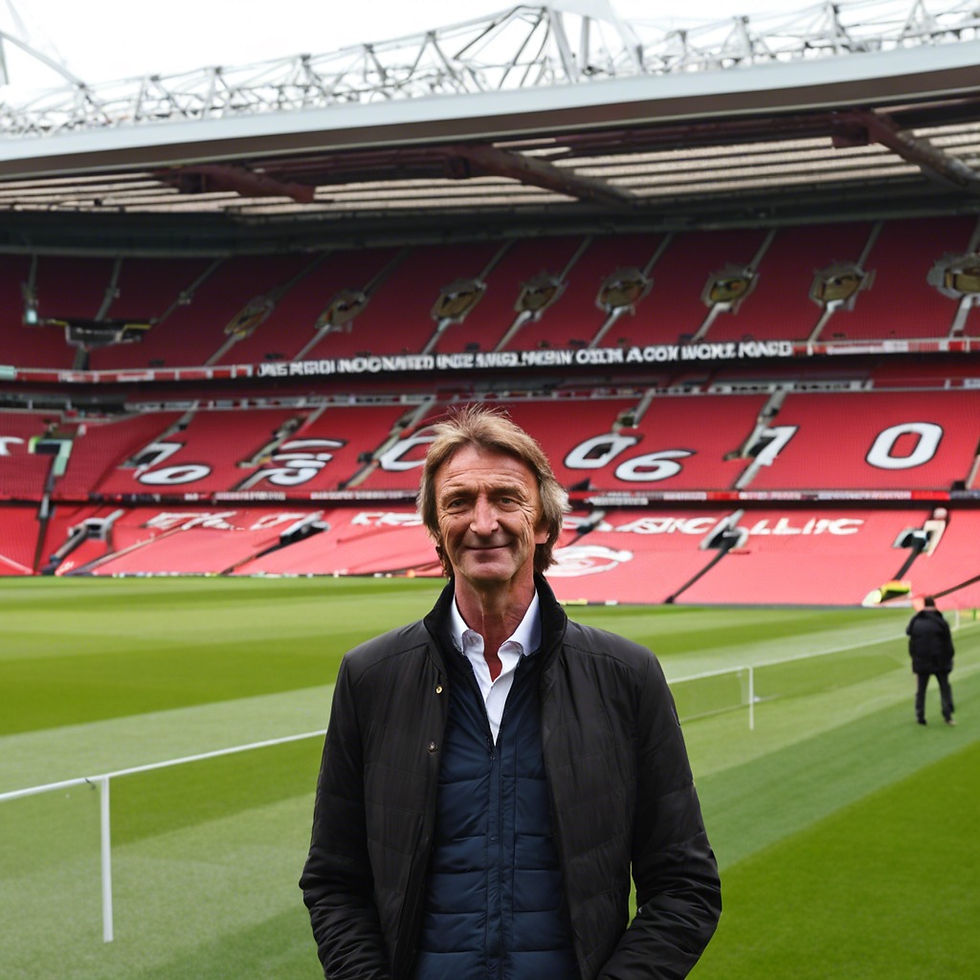The Issue of Multi-Club Ownership
- mollymcg
- Apr 14, 2024
- 2 min read
Last year, UEFA announced significant changes to the Champions League, Europa League, and Conference League competitions, set to take effect from the 2024/25 season. These changes introduced the switch to the 'Swiss-model' format and a relaxation of rules concerning multi-club ownership.
Traditionally, teams finishing third in the Champions League group stage would drop down to the Europa League knockout stages. However, this inter-competition will not apply once the new format comes into play. As a result, once a club is eliminated from the Champions League, they will no longer have a chance to compete in the Europa League.
This change has allowed UEFA to ease its regulations on multi-club ownership starting from the upcoming season. Previously, clubs under common ownership were barred from competing in both the Champions League and Europa League in the same season to prevent potential conflicts of interest. However, with the removal of inter-competition movement, UEFA has opted to loosen these rules.
The issue of multi-club ownership was apparent last year when AC Milan and Toulouse qualified for the Champions League and Europa League, respectively. The UEFA Club Financial Control Body scrutinised their ownership structures, allowing their participation in the competitions only after certain restructuring measures were implemented. However, under the new rules, such issues are less likely to arise.
Moving forward, these changes could have significant implications for clubs in the 2024/25 season. For example, Manchester City owns a stake in Girona, a Spanish club competing for a Champions League spot alongside City in the Premier League. Should both clubs qualify for the Champions League, City Football Group will need to decide which club continues in the competition and which drops down to the Europa League, whereas in previous years only one club would be able to compete altogether.
In conclusion, while UEFA's changes have relaxed rules on multi-club ownership, their implications remain to be seen. With the pressure from wealthy ownership groups and the trend of multi-club ownership continuing, this is likely to be an area that will need to be considered further in the future.




Comments